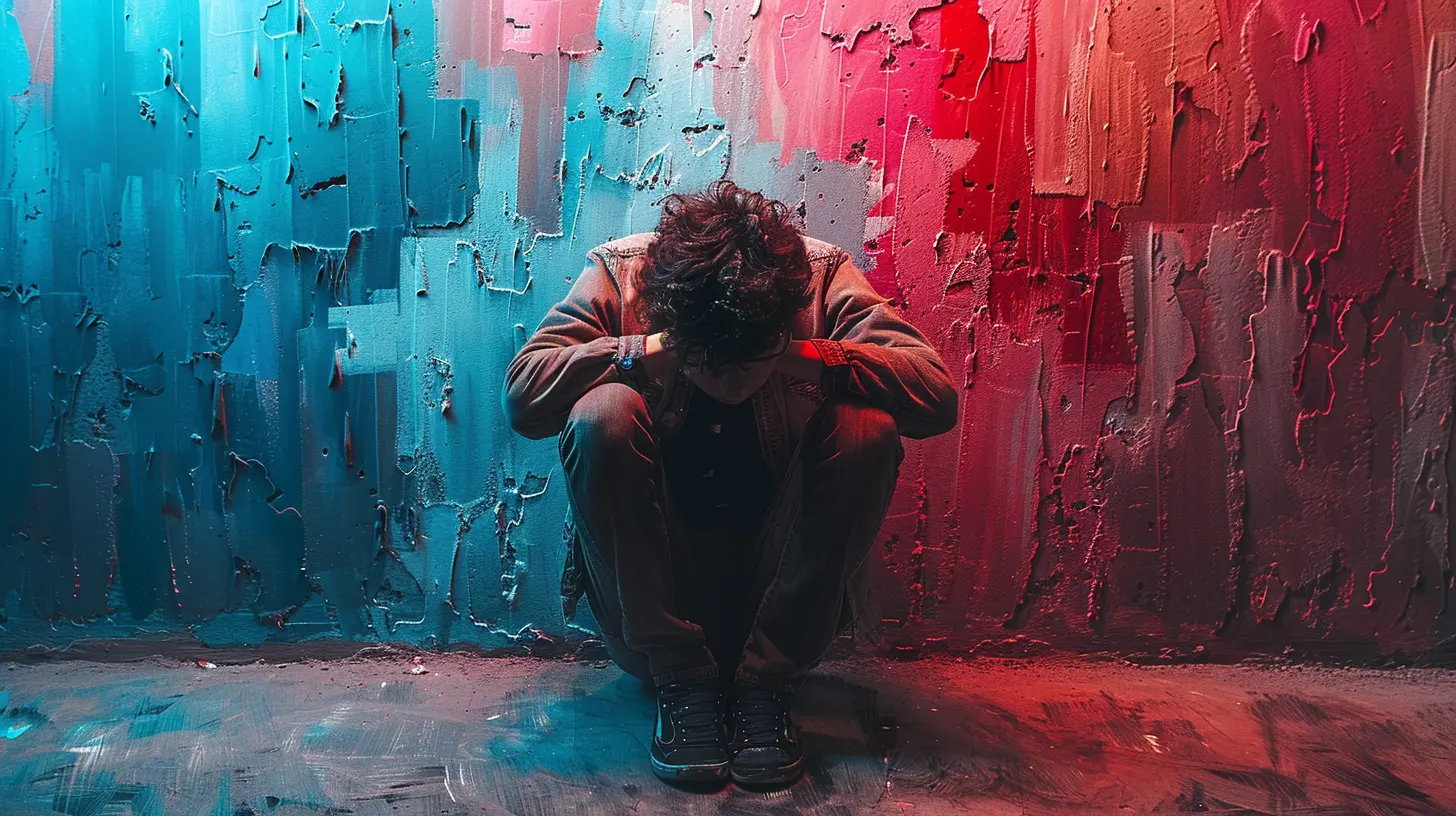Breaking the Silence: Tackling Mental Health Stigma
8 November 2025
Mental health is just as important as physical health, yet it's often pushed to the side. Why? Because of the stubborn stigma that surrounds it. People hesitate to speak up, fearing judgment, rejection, or being labeled as "weak." But staying silent only makes things worse.
It's time to break the silence and tackle mental health stigma head-on. Let's dig into why stigma exists, how it affects individuals, and what we can do to change the narrative. 
Understanding Mental Health Stigma
Stigma isn't just a word—it's a heavy burden that weighs on millions of people dealing with mental health struggles.What Is Mental Health Stigma?
Mental health stigma refers to the negative beliefs, attitudes, and stereotypes about mental health conditions. It leads to discrimination and isolation, preventing people from seeking the help they need. Stigma can come in two main forms:- Public Stigma – When society holds negative perceptions about mental illness, leading to discrimination against those who experience it.
- Self-Stigma – When individuals internalize negative beliefs, feeling ashamed or unworthy because of their condition.
Both types of stigma can be incredibly harmful, making recovery even more difficult. 
Why Does Mental Health Stigma Exist?
If we want to change something, we first need to understand why it exists in the first place.1. Lack of Awareness and Education
Many people simply don’t understand mental health conditions. Because mental illnesses aren’t always visible, people assume they aren't real or serious. Without proper education, myths and misconceptions spread like wildfire.2. Cultural and Societal Expectations
In many cultures, talking about mental health is considered taboo. People are expected to "tough it out" or "pray it away." These outdated beliefs keep individuals trapped in silence.3. Media Influence
Movies, TV shows, and news outlets often portray mental illness in extreme or negative ways. Characters with mental health issues are frequently shown as dangerous, unpredictable, or broken. This distorted representation fuels stigma and fear.4. Fear of the Unknown
People fear what they don’t understand. Because mental health conditions can affect behavior and emotions, others may feel uncomfortable or unsure of how to respond. This fear leads to avoidance and discrimination.
The Devastating Effects of Mental Health Stigma
Stigma isn’t just hurtful—it has real, life-altering consequences.1. Prevents People from Seeking Help
One of the biggest dangers of stigma is that it stops people from reaching out for support. They may worry about losing their job, being judged by friends, or even being treated differently by loved ones. As a result, many suffer in silence instead of getting the help they need.2. Worsens Mental Health Conditions
Ignoring mental health is like ignoring a physical injury—it only gets worse over time. When people feel ashamed or afraid to seek treatment, their condition can spiral out of control, leading to severe anxiety, depression, or even suicidal thoughts.3. Creates Social Isolation
Stigma can make people feel alone. Afraid of being judged, they withdraw from social situations, cut ties with loved ones, and suffer in isolation. This loneliness can further damage their mental well-being.4. Affects Employment and Opportunities
Many workplaces still hold biases against mental health conditions. Employees dealing with mental illness may face discrimination in hiring, promotions, or job security. The fear of being perceived as "unstable" forces many to hide their struggles, affecting their performance and well-being.
Breaking the Stigma: What Can We Do?
Stigma doesn’t disappear overnight, but small actions can lead to big changes.1. Normalize Conversations About Mental Health
Talking about mental health should be as normal as talking about physical health. Open conversations help break the taboo and show people they’re not alone. Ask friends how they’re really doing, check in on loved ones, and share your own experiences if you're comfortable.2. Educate Yourself and Others
Knowledge is power. Learn about mental health disorders, their symptoms, and how they impact lives. Share helpful resources, correct misinformation, and challenge harmful stereotypes. The more we know, the less fear and misunderstanding there will be.3. Show Compassion and Support
A little kindness goes a long way. If someone opens up about their mental health, listen without judgment. Offer your support and let them know they are valued. Sometimes, just knowing that someone cares can make all the difference.4. Advocate for Better Mental Health Policies
Workplaces, schools, and governments all play a role in breaking the stigma. Advocate for better mental health programs, policies that protect individuals from discrimination, and access to affordable healthcare. When systems change, society changes.5. Lead by Example
If you struggle with mental health, speaking up can inspire others to do the same. Showing vulnerability isn’t a weakness—it’s a strength. When people see others openly discussing mental health, it encourages them to break their own silence.6. Hold the Media Accountable
Media has a huge influence on public perception. Demand accurate and responsible portrayals of mental health in movies, TV shows, and news stories. Celebrate media that gets it right and call out those that spread harmful stereotypes.Final Thoughts: It’s Time to End the Silence
Mental health stigma has gone on for far too long, but we have the power to change the narrative. By normalizing conversations, educating ourselves, and supporting one another, we can create a world where mental health is treated with the same importance as physical health.Will it take time? Yes. But every step we take brings us closer to a more compassionate and understanding society. So, let’s start today. Let’s break the silence.
all images in this post were generated using AI tools
Category:
Mental HealthAuthor:

Laurie Barlow
Discussion
rate this article
1 comments
Wesley Wright
Absolutely! Breaking the silence around mental health is a courageous step towards healing and understanding. Together, we can challenge stigma and create a supportive community. Remember, it’s okay to seek help and share your struggles—your voice matters and can inspire others!
November 18, 2025 at 5:44 AM

Laurie Barlow
Thank you for your insightful comment! Together, we can indeed create a more supportive community and encourage open dialogues about mental health. Your voice is vital in this journey!


